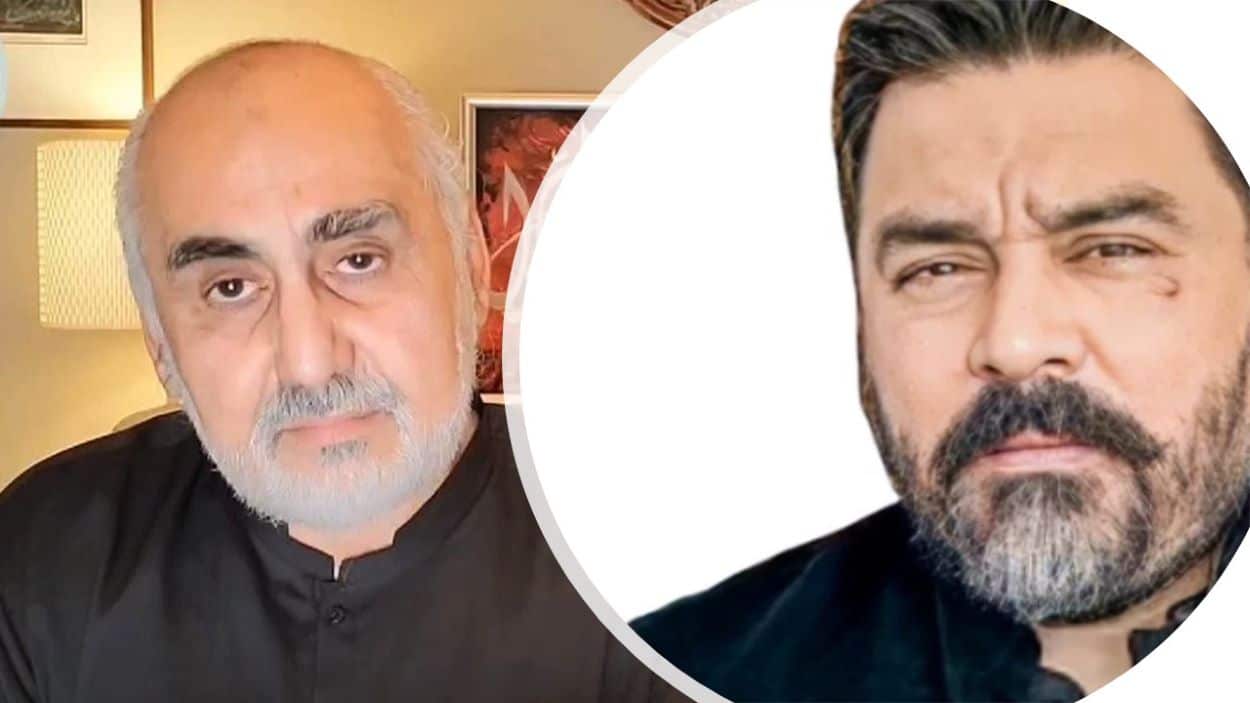The Pakistan Army’s media wing, the Inter-Services Public Relations (ISPR), released a statement regarding the conviction of two retired army officers.
Major (Retired) Adil Farooq Raja and Captain (Retired) Haider Raza Mehdi were convicted under the Army Act and the Official Secrets Act for their involvement in activities related to sedition and espionage.
The charges against Major (Retd.) Raja and Captain (Retd.) Mehdi was quite serious. They were accused of inciting sedition among army personnel, obstructing them from discharging their duties and engaging in espionage. These actions violated the Pakistan Army Act of 1952 and the Official Secrets Act of 1923.
The specific nature of their actions was not detailed in the ISPR statement, but the severity of the charges indicates significant breaches of military discipline and national security protocols.
Both officers were tried and sentenced through the Field General Court Martial (FGCM), a military court that handles serious breaches of discipline within the army. Major (Retd.) Raja received a sentence of 14 years of rigorous imprisonment, while Captain (Retd.) Mehdi was sentenced to 12 years of rigorous imprisonment. These sentences were handed down after a thorough judicial process, with the convictions recorded on October 7th and 9th, 2023.
Following their sentencing on November 21, 2023, the ISPR stated that both officers had their ranks forfeited. This action signifies the gravity of their offences and is a stark reminder of the consequences of violating military codes and national laws. The forfeiture of ranks is a significant punitive measure, stripping the retired officers of their titles and the privileges associated with their former positions in the Pakistan Army.
Implications of the Conviction
The conviction of these two retired officers is a clear indication of the Pakistan Army’s stringent stance against indiscipline and illegal activities, even among its former members. It underscores the commitment of the military establishment to uphold the law and maintain the highest standards of conduct among its personnel. This case also serves as a warning to others within the military and broader defence community about the severe repercussions of engaging in activities that undermine the integrity and security of the state.
The involvement of retired military officers in such serious offences also raises questions about the post-service activities of military personnel and the measures in place to monitor and prevent such incidents. This conviction may prompt further discussions and possibly policy revisions regarding the conduct and monitoring of retired military personnel, especially concerning national security matters.






